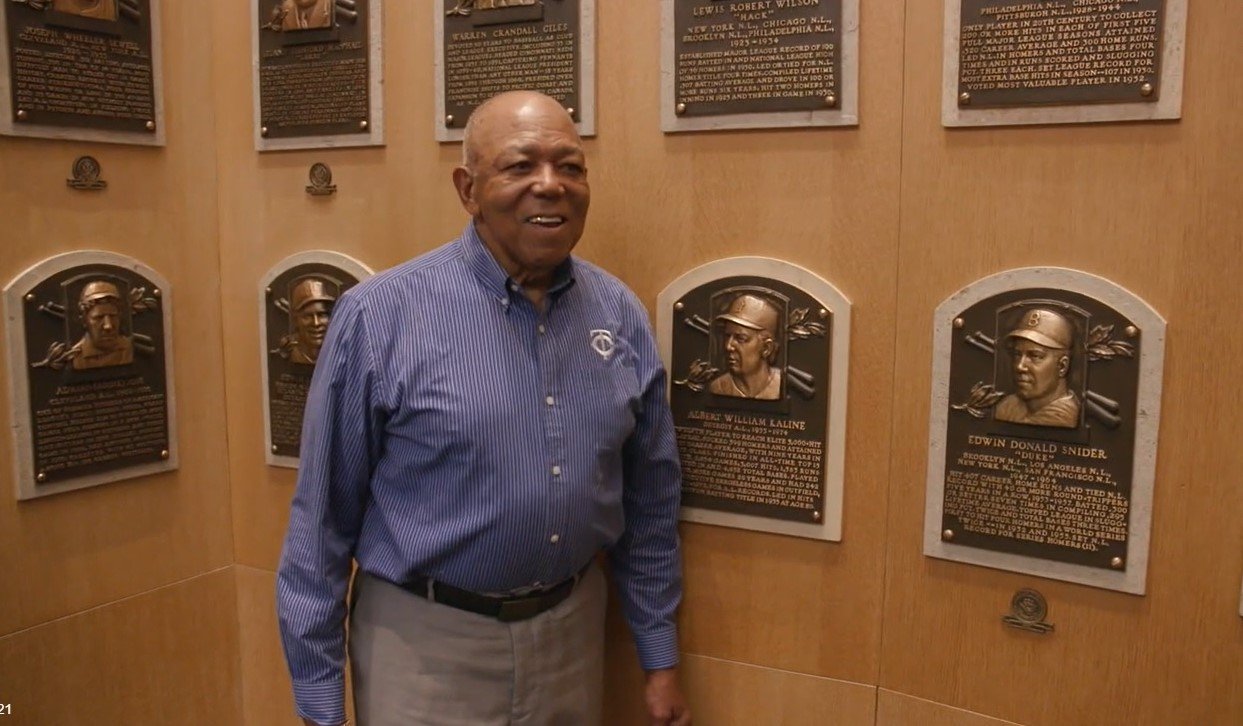Fabiola Martinez
Newspaper La Jornada
Sunday, July 24, 2022, p. 7
The Electoral Court of the Judicial Power of the Federation (TEPJF) gave its endorsement to the characteristics of the indigenous consultation outlined by the National Electoral Institute (INE), for which it rejected the petitions of citizens who had requested the inclusion, for example, of the Afro-Mexican community.
The consultation was held from July 2 to 21 and, although it was based on an order from the TEPJF, it defined the mechanism, from the results of which it will prepare – in August – the guidelines to regulate indigenous candidacies.
This exercise was applied to Mexican indigenous people residing in the country, individually, through traditional or community authorities and representative institutions.
On Wednesday, June 20, the superior chamber of the TEPJF confirmed the agreements of the General Council of the INE and ordered it to publish the proposals, suggestions, observations and content formulated by the indigenous peoples and communities on the microsite provided for in the call, as well as on the media culturally appropriate for it
.
Various people who are members of indigenous peoples and communities in the state of Morelos, as well as a member of the Afro-Mexican people from the community of Cuajinicuilapa, Guerrero, disagreed with the INE agreements, because in their opinion the matter of the consultation should have included the actions affirmative in indigenous matters to be implemented in general.
Also because the consultation should have been extended to Afro-Mexican people, peoples and communities, they considered.
Dissatisfied people said that the deadlines for carrying out the stages of the consultation are insufficient and the design of the consultation is not culturally appropriate or in good faith.
In the approved sentence, at the proposal of the presiding magistrate Reyes Rodríguez Mondragón, it is concluded that it is not possible to extend the consultation. This –asserted the court– does not violate the rights of Afro-Mexican people and communities, because the requirements for self-registration and exercise of their rights are different from those intended in the consultation whose subject matter and scope were determined by the higher court.
The deadlines established by the authority for the implementation of the stages of the consultation do not generate, by themselves, a detriment to the plaintiff, nor is there an effect on their rights due to said situation.
is indicated in the resolution.
He argued that the design of the consultation is culturally appropriate, because it allows the deliberation of the indigenous peoples and communities according to their uses and customs, regardless of the questionnaire whose purpose is to guide the process, he indicated. Likewise, it meets the requirement of good faith, since various mechanisms are provided for the communities to discuss their positions with the authority and these are valued.








